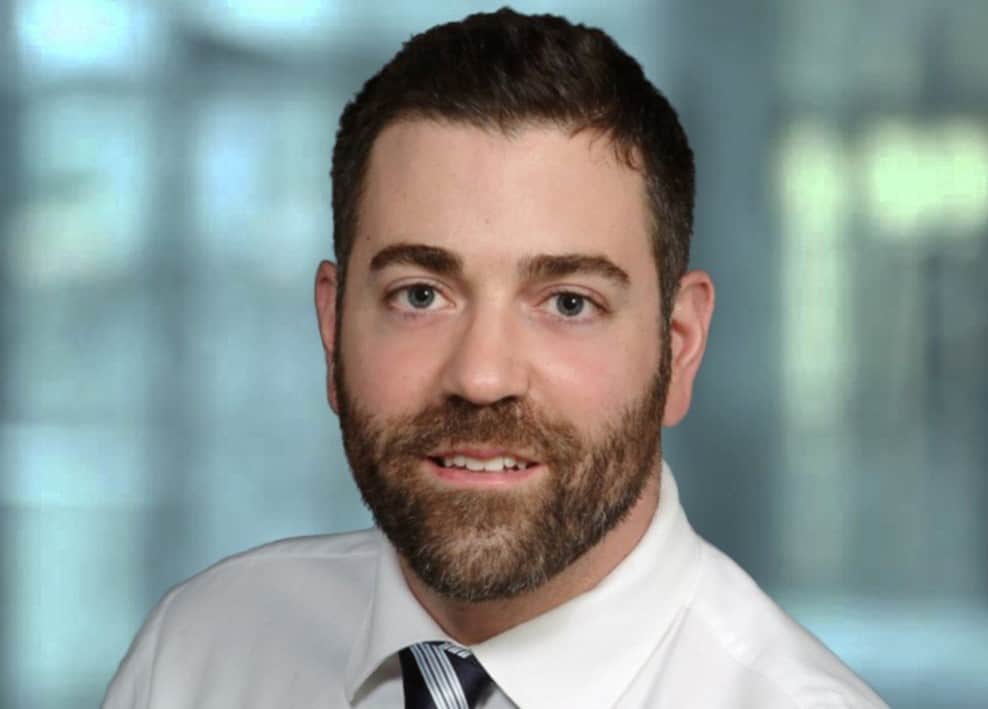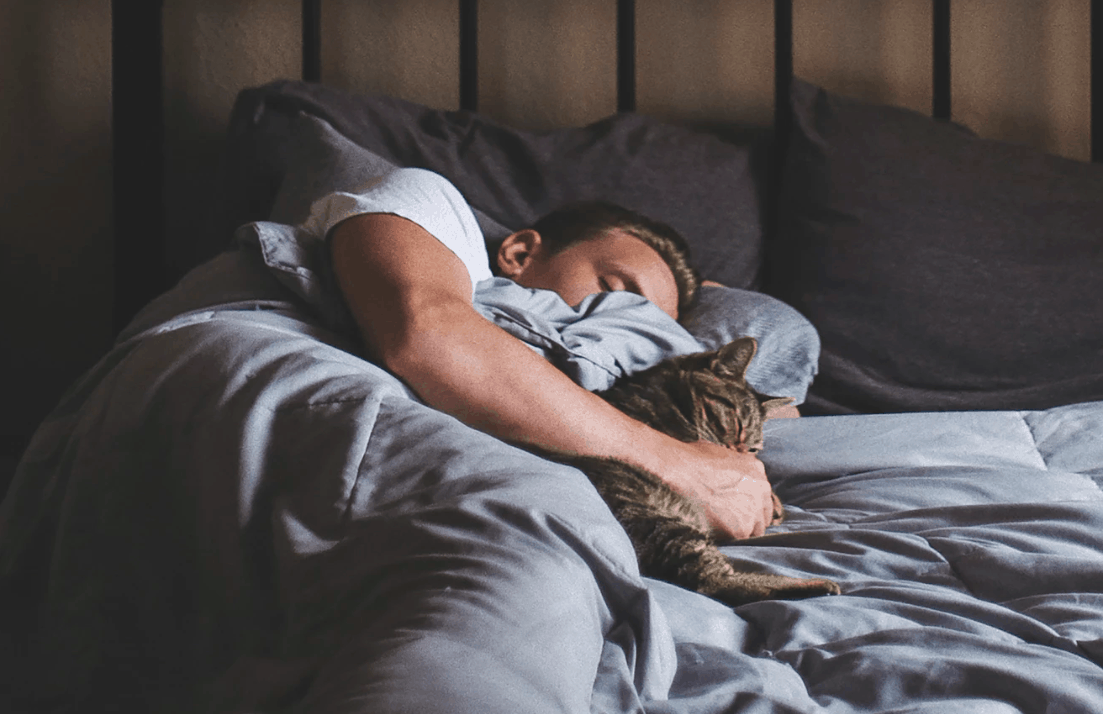Obsessed with sleep? Feel like you never get enough? You’re not the only one. As Associate Medical Director of the Weill Cornell Center for Sleep Medicine in New York City, neurologist Dr. Daniel Barone sees first-hand how sleep is affected by what he calls our “twenty-four hour society.” In fact, he wrote the book on it — Let’s Talk About Sleep: A Guide to Understanding and Improving Your Slumber.
Dr. Barone thinks we might be too preoccupied with keeping tabs on sleep, whether we’re watching the bedside clock or the numbers on our FitBits. Join me as we chat about why more technology could lead to fewer Zzz’s, and what tigers have to do with insomnia.
How did you become interested in sleep science?
When I was in medical school, my program chairman brought in a sleep specialist to do a talk. I realized I could make a big difference in people’s lives if I focused on sleep. I started learning more about the field and eventually it became my specialty. I do very little general neurology now.

Have you ever experienced any of the sleep problems you see in your patients?
I’ve been guilty of pulling all-nighters in medical school and residency. I’m a pretty decent sleeper, but I could be better at sleep hygiene. I enjoy video games and have to make myself stop playing them at night so they don’t keep me awake.
People always want to know exactly how much and how well they’re sleeping, but I’m not a big believer in sleep technology. If you know every time you wake up during the night or lose a minute of sleep, it can create an unhealthy fixation. No one should look at the clock after going to bed. Having a better sense of your sleep is a good thing, but you don’t want to become obsessed by the numbers.
Our sleep patterns can be very sensitive to disruption. It almost seems like a design flaw in the way we sleep.
I don’t believe it’s a design flaw. If you think about it, what’s the point of insomnia? Why does it happen? If our early ancestors were anxious, it was because there was a tiger ready to rip apart their hut. So not being able to sleep was a good thing. It protected us. Our system is still wired the same way, even if what we’re worried about are things like work and all the stuff we have to do.
What role do sleep medications play in your practice?
I prefer to treat chronic insomnia with Cognitive Behavioral Therapy for Insomnia, or CBT. CBT can be hard to stick to, but it pays dividends over time. I’ll often prescribe medication along with melatonin to help the process along. Sleep stages and quality of sleep can be affected by medication, but sometimes I need to show a patient that they can sleep. If we’re talking about no sleep or very short sleep, most people will consider medication to be a good alternative.

In your book Let’s Talk about Sleep, you write that sleep apnea has a strong connection to body weight. Can you talk about that?
The body doesn’t know how to respond to chronic lack of sleep and choking all night, which is essentially what sleep apnea is. Poor quality sleep increases levels of the stress hormone cortisol. When cortisol gets released blood sugar increases, and the extra blood sugar becomes fat deposits. Sleep apnea affects much more than sleep.
What do you think of treating sleep apnea with oral devices? They’ve become much more popular recently.
An oral device is okay, but a CPAP machine is better if sleep apnea is more than just mild to moderate. CPAP stands for continuous positive airway pressure, and it’s very effective. Not all people can tolerate it but it works.
I’ve read that insomnia can affect not only weight, but mood disorders, as well.
There’s an interesting bidirectional relationship between anxiety, depression, and sleep. When someone has chronic insomnia, there may be underlying depression that needs to be addressed. We have a lot more to learn about it. I’d love to get to a place where we know as much about sleep disorders as we do about other health dangers, like smoking.
Thanks so much to Dr. Barone for taking the time to talk to Sleepopolis! Find out more about Dr. Barone, his practice, and his book, Let’s Talk About Sleep, at Twitter, Amazon, and Facebook.